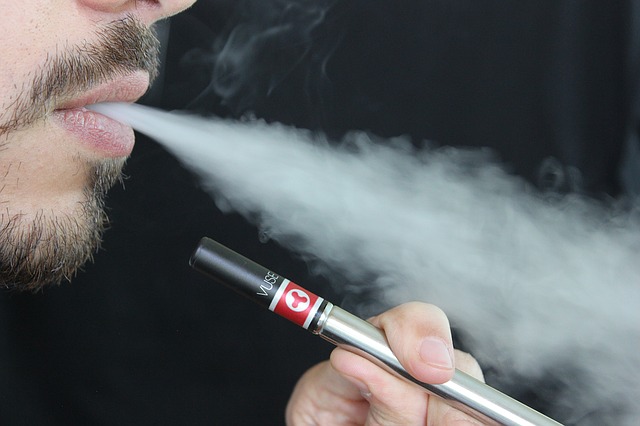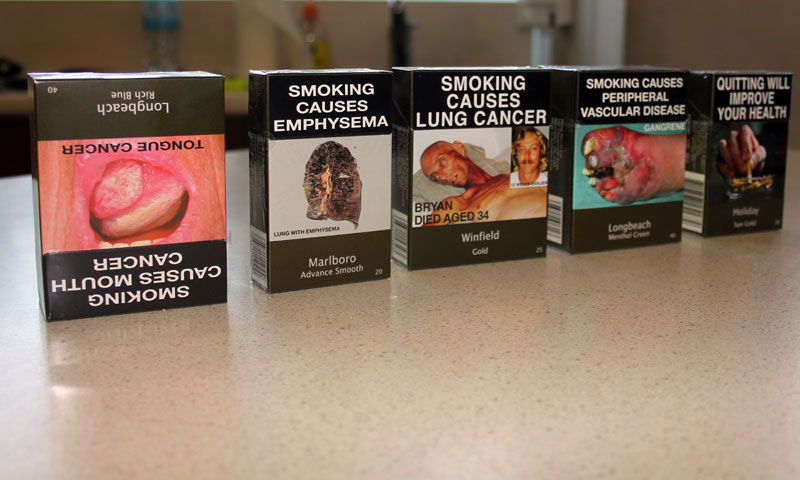A major international study into electronic cigarettes has prompted healthcare professionals to encourage Australian smokers to switch to vaping, according to a story by Troy Nankervis for Triple M radio.
“For those smokers who won’t or can’t quit, the next best thing would be to switch to vaping,” said Hayden McRobbie, professor of public health interventions at Queen Mary University of London, UK.
McRobbie is a co-author of the Cochrane Review into e-cigarettes, which found that using these devices could help people quit smoking but which conceded the evidence was weak due to limited data.
“I think Australia is missing a huge public health opportunity in its opposition to e-cigarettes,” McRobbie said.
“While the long-term risks are not entirely clear, there is broad consensus now that they are much less harmful than tobacco cigarettes.”
And unlike second-hand smoke, second-hand vapor posed no identified health risks to by-standers, he added.
After consulting with McRobbie, the New Zealand Ministry of Health is set to legalize and regulate the sale of nicotine-containing e-cigarettes from mid-2018.
And now, associate professor Colin Mendelsohn of the School of Public Health and Community Medicine at the University of NSW has urged the Australian medical community to follow suit.
“It [is] good to see New Zealand following the scientific evidence and the lead of the UK, where e-cigarettes have now helped over two million smokers quit,” he said.
“The sooner these products are legalized in Australia, the more lives will be saved.”










